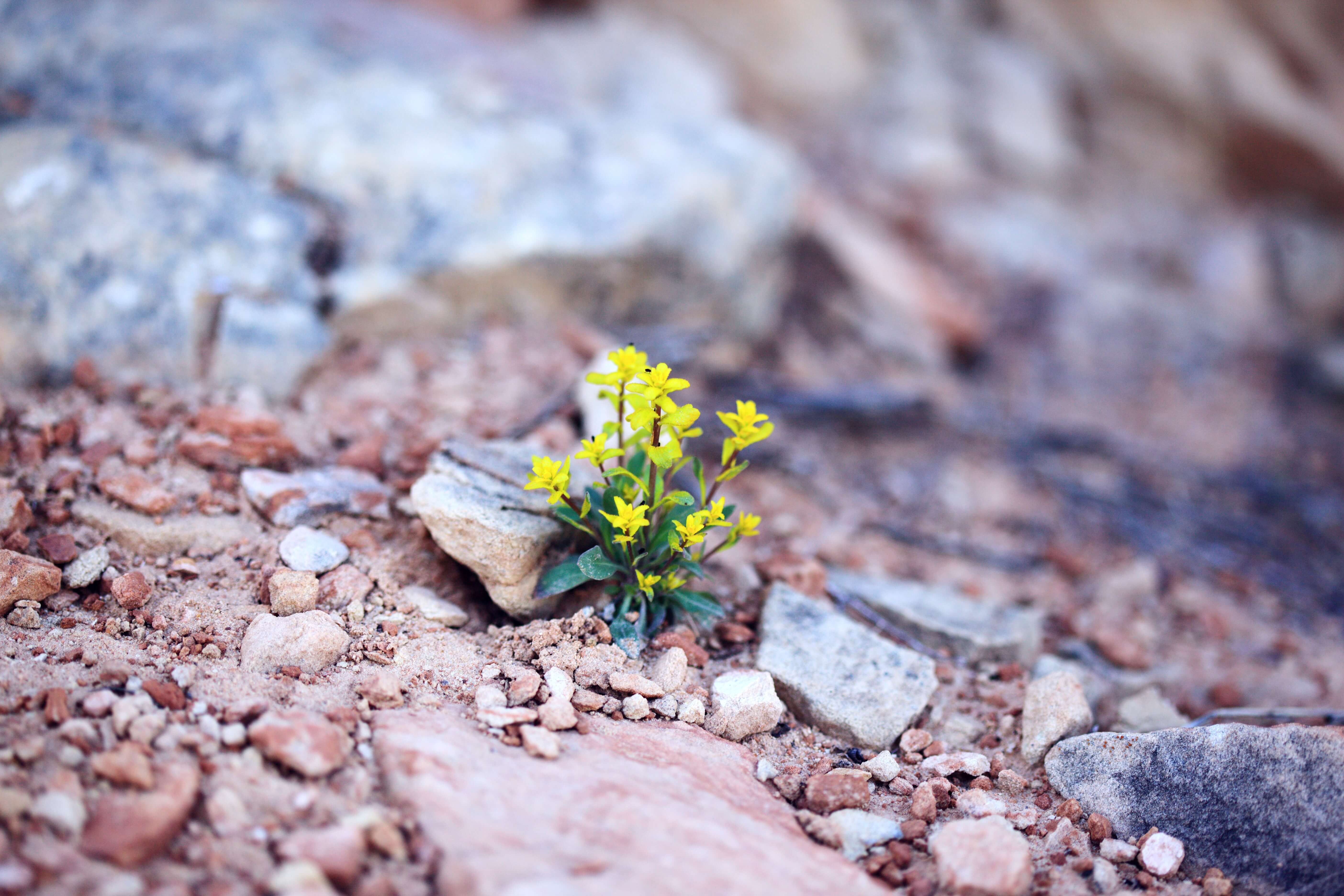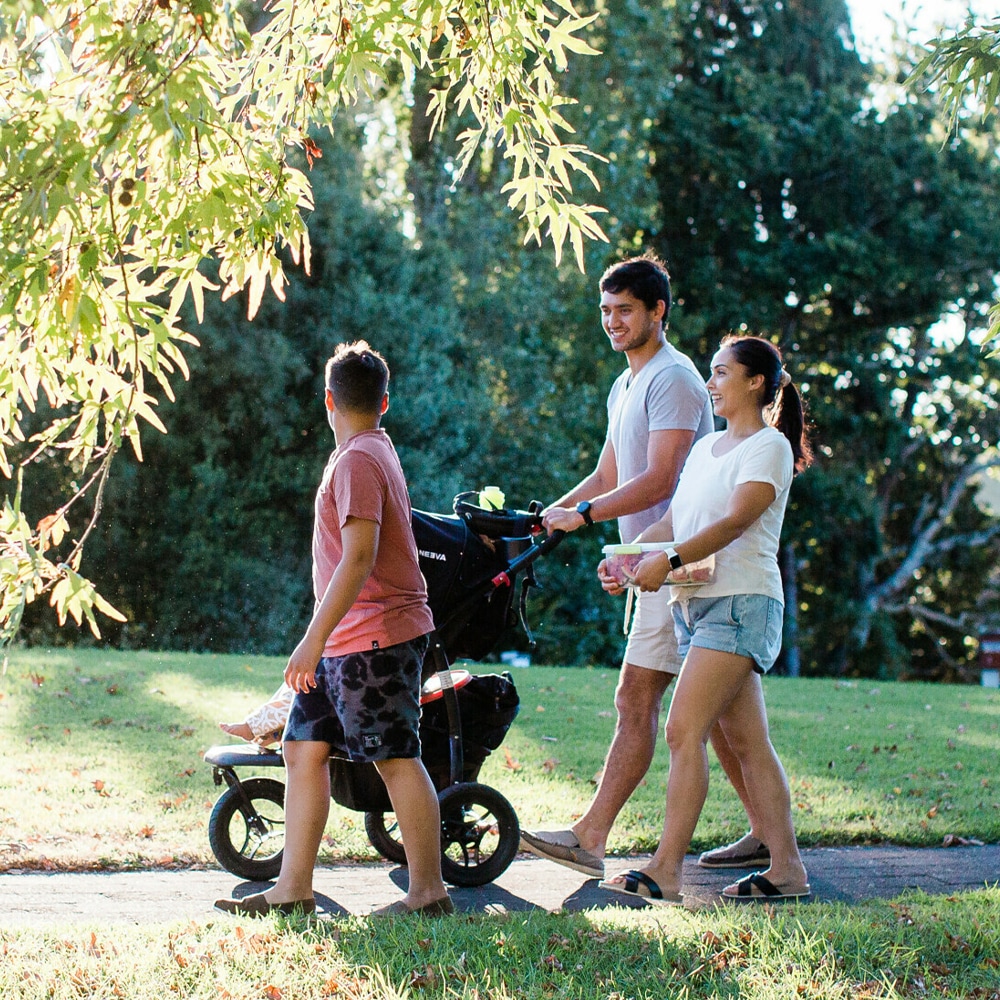What is resilience?

Published:
August 25, 2023
Article type:
Keywords:
Understanding our ability to cope with stressful situations and stay well
Resilience is the ability to bounce back after life’s setbacks, even growing and getting some benefit from them. It’s something we have naturally, and something that can be nurtured and learned.
How resilient we are depends on many things, some of which we also use to maintain our mental health and manage stress in our lives. These include the people and support we have around us, the environment we are in, our personality type and our physical health.
Our resilience is also a combination of genetics and our early childhood environment. Nurturing, stable relationships growing up, the experience of trauma or abuse, and difficult life events all have an impact.
We are often unaware that we use our resilience every day. It’s a common part of how we live our lives and respond to challenges and distress. It’s good to remember that resilience can also come and go, depending on the situation, our environment, existing stress levels, various protective factors, and our approach to facing life’s challenges.
The Line of Vulnerability
We all have what’s called a ‘Line of Vulnerability’, which is the point at which we become overwhelmed and start experiencing difficulty and distress. When stress in life builds up so much that it takes us beyond our line, we are no longer able to cope.
Everyone has a different Line of Vulnerability, determined by things like age, gender, childhood and past life experiences. Knowing we have our own line, and where it is, helps us better understand and recognise the effect stress has on our mental wellbeing.
We should do everything possible to avoid getting close to or going over our Line of Vulnerability. Building our resilience keeps the line as high as possible, and reducing stress moves us further away from it.
Ways to increase resilience
There are a few things that generally increase our resilience. Think of them as protective factors – the more of them you have, the more resilient you’ll be.
- Good emotional and psychological health.
- Positive coping skills.
- Being well-connected in the community.
- Whānau and other social connections.
- Financial stability.
- Education or academic achievement.
We can also increase our resilience using different tools and approaches to life, so that we’re in the best possible place to face life’s challenges.
- Know your strengths and limits.
- Ask for help.
- Use your support circle or community.
- Use self-care (be kind to yourself).
- Be flexible, go with the flow when you can.
- Be hopeful.
- Keep a sense of humour.
- Do something for someone else.
- Contact a friend or visit whānau.
- Put things into perspective – is this life and death, or burnt toast?
- Use Te Whare Tapa Whā to keep your four walls in balance.
Learn more with Stress, Resilience & Wellbeing
Blueprint for Learning’s Stress, Resilience & Wellbeing workshop can help you find more ways to deal with life’s challenges, with the skills to reduce high-stress levels, build resilience and manage your mental health and wellbeing.



